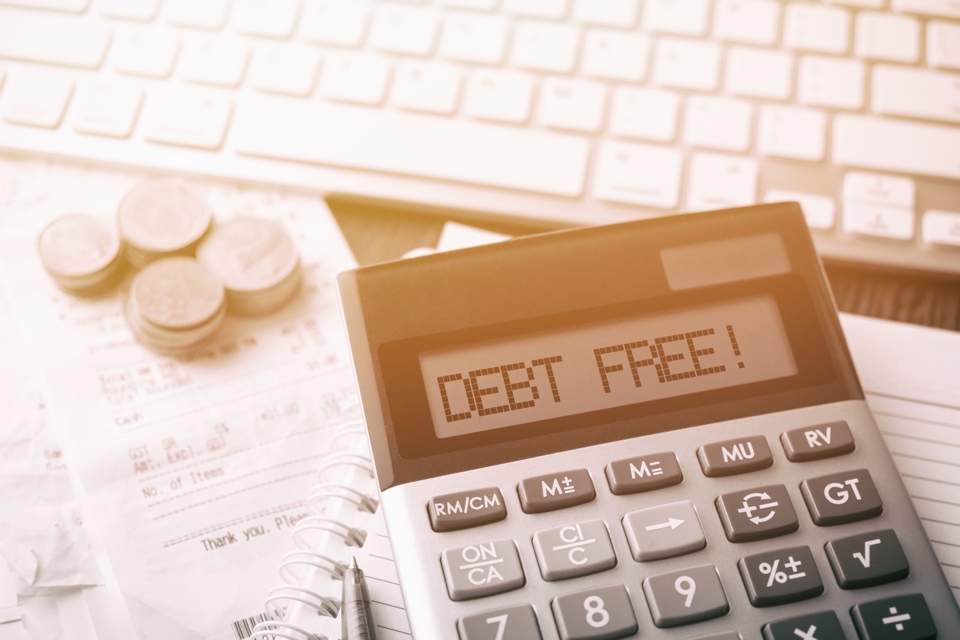“For every promise, there is a price to pay.”
Jim Rohn
The difficulty with promises is, none of us can see the future. When life’s circumstances change for the worse, an obligation that once seemed practical and reasonably attainable can quickly turn into an overwhelmingly impossible burden to carry. When this happens, what do you do when you find yourself unable to pay your debts? Where does your personal liability begin and end? What is at risk for an unpaid debt?
The answer depends on what kind of debt it is. That’s why it is important to understand what kind of debt you are signing up for when you borrow money. Here are a few things you should know.
SECURED DEBT
If it is a secured debt, such as an auto loan or furniture store loan, you are putting up something that you own as collateral. If you fail to pay your debt, the lender can then come after that property without going to court. So, if you fall behind on your car note, the lender can repossess your vehicle and sell it. If they do not make enough from the sale of the vehicle to pay all of your debt, they can also sue you for the remaining balance owed.
UNSECURED DEBT
If it is an unsecured loan, the lender is required to file a lawsuit through the local court, obtain a judgment against you, and then may potentially be able to go after some of your property.
BUSINESS DEBT
If you own your own business, your personal property may be protected if your business fails to pay a debt. It partly depends on how your business is set up. If you are set up as a partnership or a sole proprietorship, you and your business are legally the same. In other words, you owe what your business owes, which puts your personal property at risk.
If it is a corporation or an LLC, there are things in place to keep you protected. Legally, you are considered separate entities. But lenders may still be able to try to come after your personal assets to cover your business debt in some instances. For example, if you offer your personal property as collateral on a loan; sign a contract with your own name rather than as a business (i.e. signing “John Doe” rather than “John Doe, CEO of Doe LLC”); sign on behalf of the company and also sign as personal guarantor; or use personal loans and credit cards to pay business debt, you have opened yourself up to being personally liable for your business debt.
If are in the Baton Rouge area and are in a position where you are unable to pay a debt for which you are personally liable, Grand Law Firm has the experience and knowledge to help. We know the law and have seen situations like yours so we can help you to keep your personal assets protected. To schedule a free consultation, contact us today.






